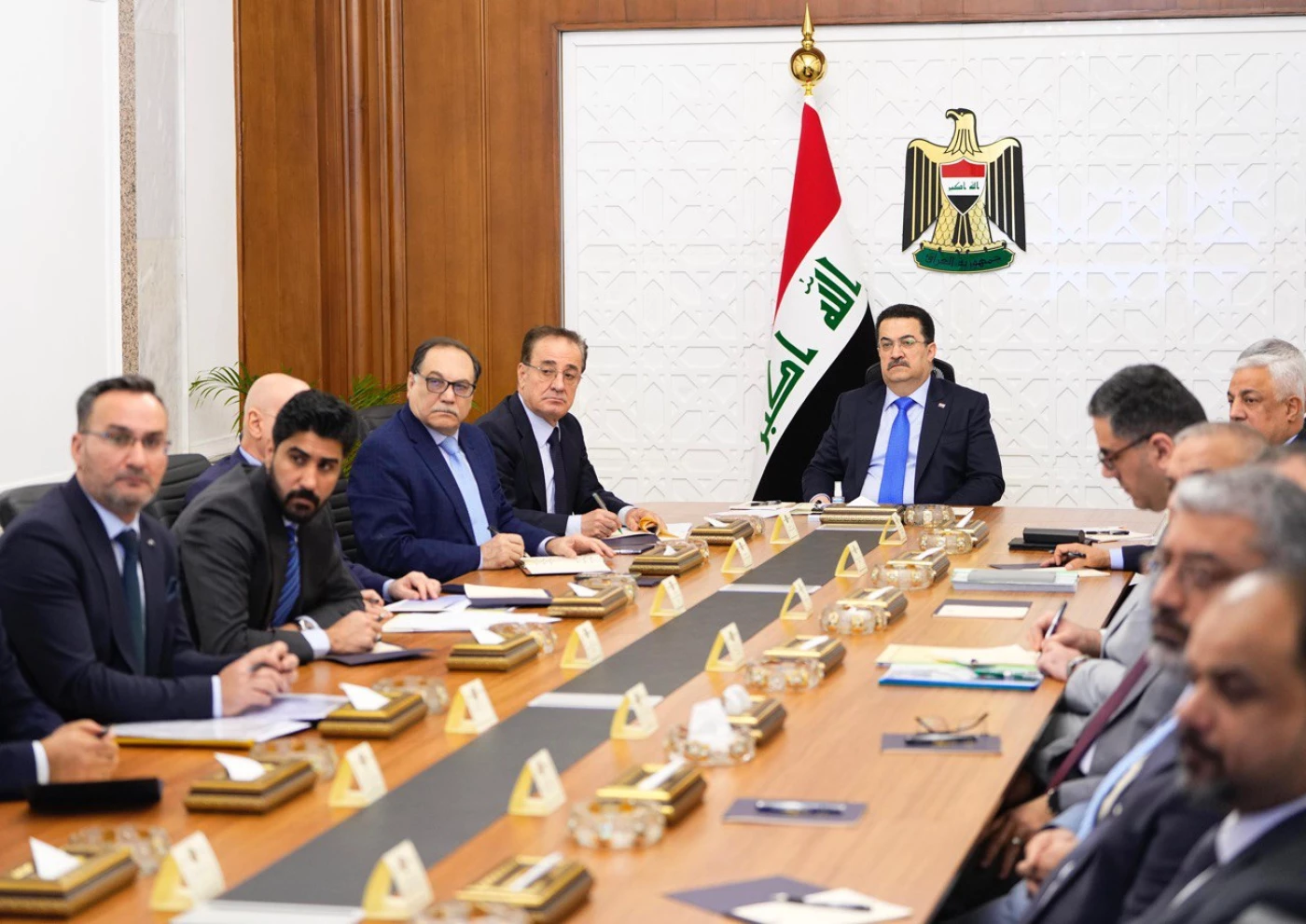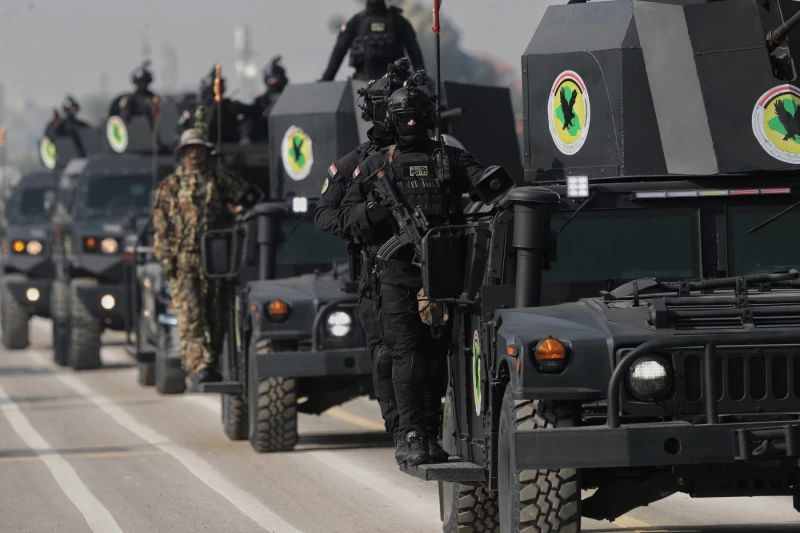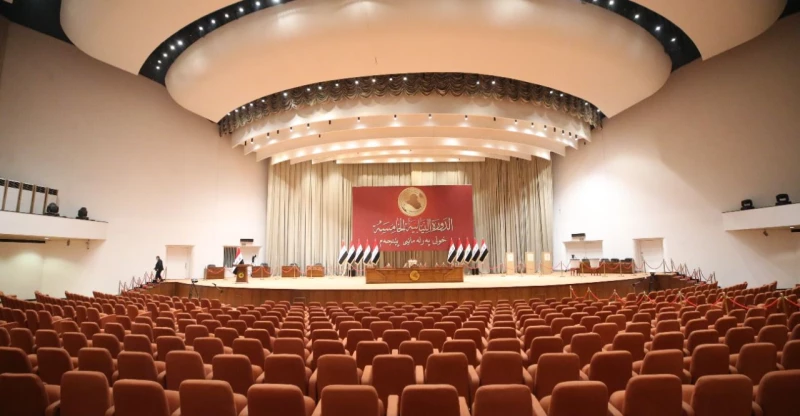ERBIL, Kurdistan Region of Iraq – Iraqi Prime Minister Mohammed Shia’ al-Sudani on Sunday launched alternative energy projects for 164 government buildings, starting with the government palace, in a bid to enhance energy efficiency.
In a meeting with the government team for renewable energy and energy efficiency projects, Sudani stressed the “importance of renewable energy projects, including the use of solar energy, and starting with them in order to achieve the required transition in the energy generation file,” read a statement by the PM’s office on Monday.
Sudani then directed the start of work on the government palace project, to be followed with “work on the government buildings that were inventoried throughout the country, numbering 164, in order to enhance energy saving and find alternative more suitable energy solutions for the country’s governmental buildings.”
Earlier in February, Iraqi Minister of Electricity Ziad Ali Fadhil told state media that “the Ministry of Electricity is working… with General Electric and Siemens to generate around 35,000 megawatts,” adding that they have launched “the first campaign” in the field of steam stations with a capacity of 15,000 megawatts.
The success of the projects could potentially catapult Iraq out of energy shortage issues that have plagued the country’s power grid for decades, and see Iraq meet its power demand without resorting to imports.
Following in the same breath, the team reviewed with Sudani a solar energy project for the Ministry of Interior, “which is under referral,” as well as a special study for a project on the Army Canal – a 25-kilometer canal connecting the Tigris and Diyala rivers – that is set to generate approximately 100 megawatts of clean energy.
Sudani in September announced new power projects that are set to add 4,000 megawatts to the national grid—without requiring additional fuel.
US President Donald Trump in early February revoked an exemption for Iraq to import electricity from Iran as part of his “maximum pressure” campaign against Iran, whose exports Trump has vowed to cut to zero.
Iraq has intensified its efforts to move toward a more sustainable and viable energy solution to cut down on the need to import gas and electricity from Tehran, which account for between 30 to 40 percent of its energy needs.



 Facebook
Facebook
 LinkedIn
LinkedIn
 Telegram
Telegram
 X
X


